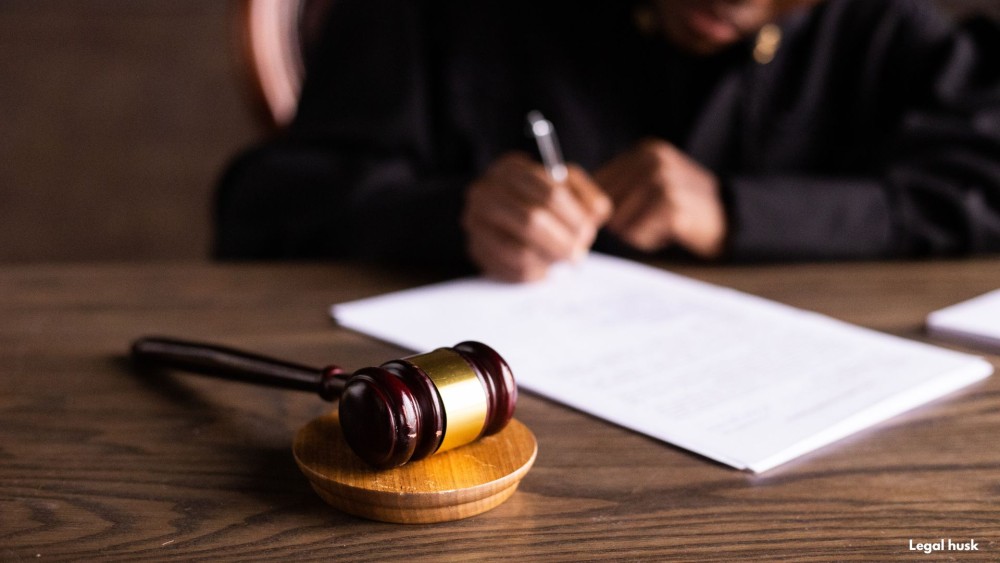
Sometimes, filing an Answer on time isn’t the best move. Here’s when—and why—to strategically delay your response in litigation.
In litigation, every move counts. The filing of an Answer is often seen as a firm commitment to engage in the legal battle—but in some cases, it’s strategically advantageous to hold off. Delaying your Answer can create opportunities, give you time to reassess, and prevent you from prematurely committing to facts or legal positions.
In this article, Legal Husk outlines when and why delaying the filing of an Answer can be a savvy move, and how to do it without jeopardizing your case.
✅ If the complaint has procedural flaws or legal deficiencies, delay filing the Answer:
To file a motion to dismiss for failure to state a claim (FRCP Rule 12(b)(6)).
To raise jurisdictional challenges (personal or subject-matter).
To challenge improper venue or insufficient service of process.
🎯 Filing the Answer might waive your ability to make these challenges later. Delay to force the issue upfront.
✅ In some cases, delaying the Answer can give you time to explore settlement or engage in ADR:
Settlement discussions can often resolve the dispute before you file an Answer.
You might want to test the waters and see if the plaintiff is willing to negotiate before committing to your defense.
🎯 Pro Tip: A short delay to explore settlement options can save both time and money—while avoiding unnecessary litigation.
✅ If you need more time to investigate the allegations, delay the Answer:
Use the extra time to review evidence, interview witnesses, or consult experts.
Delay can give you leverage in crafting a more comprehensive Answer, especially in complex cases.
🎯 Strategic delays in discovery or investigation can help you avoid admitting facts you might later wish to contest.
✅ If you intend to assert a counterclaim or cross-claim against the plaintiff or another party:
Use the delay to draft these claims and file them alongside the Answer.
The added complexity of a counterclaim can strengthen your bargaining position in settlement talks.
🚫 Delaying gives you time to assert these claims properly, ensuring they’re not inadvertently waived by an early Answer.
✅ In certain situations, you may want to delay filing an Answer to gain insight into the plaintiff’s case:
Discovery motions can be filed before you Answer, giving you a preview of the evidence the plaintiff plans to present.
You may want to wait until after a motion for summary judgment is filed to assess whether your Answer needs to be modified.
🎯 A delay could allow you to craft a response that’s more informed and impactful.
✅ If you delay your Answer, you can delay the start of formal discovery—especially in cases where discovery might be costly or where you suspect it could hurt your case:
Discovery costs can pile up quickly, and delaying the Answer may push back deadlines for exchanging documents, taking depositions, or responding to interrogatories.
You might also delay the start of dispositive motions (like motions for summary judgment).
Tip: Use this delay to strategize whether discovery is essential or if you can settle early.
✅ While strategic delays can be useful, they come with potential risks:
Default Judgment: If you fail to file an Answer within the required timeframe without court approval, the plaintiff can request a default judgment.
Waiver of Defenses: Some defenses, such as failure to state a claim or lack of personal jurisdiction, can be waived if you file your Answer late.
🎯 Always weigh the risks of delay against the strategic benefits.
In a commercial breach of contract case, the defendant decides to delay filing the Answer:
They review the contract and supporting documents to determine if there are procedural or factual defenses to raise.
In the meantime, they engage in settlement talks to gauge whether the plaintiff is open to mediation.
They use the delay to prepare a cross-claim for breach of contract against the plaintiff.
Result: The defendant buys time to potentially resolve the dispute and adds leverage by counterclaiming.
Delaying an Answer isn’t about procrastination—it’s about strategy. Whether you’re protecting your client’s rights, exploring settlement, or preparing a stronger case, delaying can be the key to a more effective defense. Just be sure to balance your tactics with the risks of missing deadlines or waiving defenses.
At Legal Husk, we help attorneys make the most of every move, ensuring that strategic delays lead to better outcomes.
Need to delay your Answer for strategic reasons? Legal Husk ensures that your delay is part of a larger, well-planned litigation strategy.
📌 Need guidance on how and when to delay filing?
👉 Visit:
🔗 legalhusk.com
🔗 legalhusk.com/services
🔗 legalhusk.com/about-us
Strategic delay. Tactical advantage. Legal Husk.
📩
Ready for a court-ready Answer at a predictable price? Contact Legal Husk and let us draft your next litigation response with precision and clarity.
Whether you are dealing with a complex family matter, facing criminal charges, or navigating the intricacies of business law, our mission is to provide you with comprehensive, compassionate, and expert legal guidance.